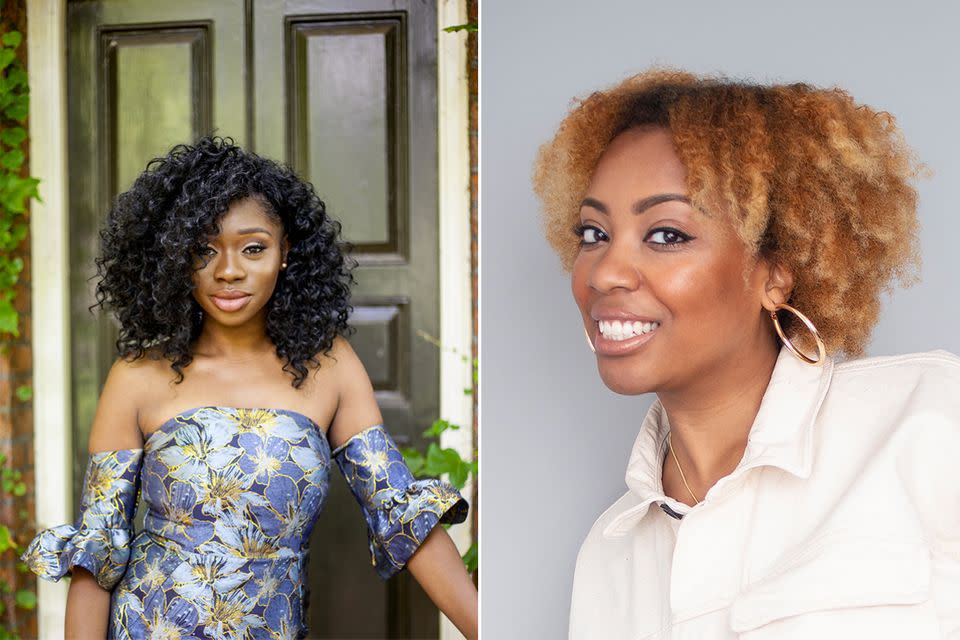Why Black Ballad Is Taking Over HuffPost UK

For a long time Black British mothers were invisible. We weren’t in the adverts for nappies or follow-on milk, we weren’t in the parenting magazines or modelling maternity wear on the high street. Our experiences only existed in private conversations in the comfort of living rooms, around cosy kitchen tables or in hushed tones in the sensory room at the local soft play centre.
The internet and social media opened things up and we started looking for ourselves, reading each other’s blogs and tracking the highs and lows on Facebook and Instagram.
Then a shocking study came out that confirmed many of the suspicions that arose from whispered anecdotes: we were four – no five – times more likely to die in childbirth than our white counterparts. We kicked up a fuss, we announced our horror and soon more and more people besides us started talking about it.
You will be hearing about that statistic a lot and you might even be tired of it already, but it’s important that this shameful stat is not swept under the carpet.
But while we know that is far from the full story of what it means to be a Black British mother raising a family today, as far as official records go, that picture is nowhere near from complete. Which is why in January 2020 we launched the Black Ballad Motherhood Survey to gather our own data and insights about the experiences of Black British mums.
The women in this takeover are award-winning journalists and industry-leading entrepreneurs … but they are also normal Black British women.Jendella Benson and Tobi Oredein
The response was overwhelming – more than 2,500 Black women filled in the survey – because who knows more about under/misrepresentation than Black mothers who are only thought about when it’s time to talk about unequal health outcomes or “gang crime” and youth violence.
But our stories are so much more than the shock and horror. We have struggles, no doubt, but we also organise and advocate for ourselves and our...


